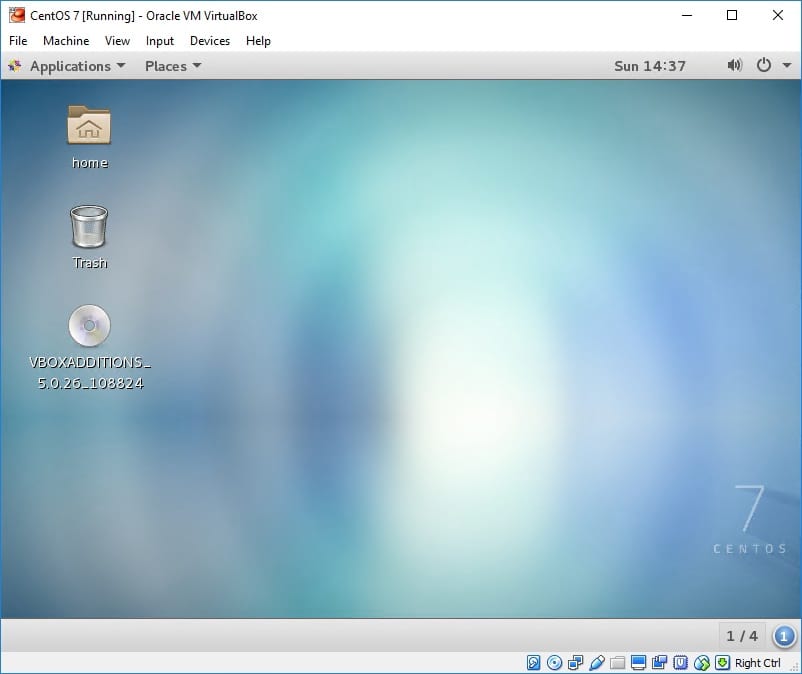

Good read on kernel upgrade and preservation mechanism: How does apt on Ubuntu decide how many old kernels to keep Consider them backup / fallback options when upgrade introduces problems (hardware driver modules, etc.). IMPORTANT: If /boot is NOT on its tiny partition (running out of space), avoid explicitly purging old kernels. In generic, to remove the unwanted out-dated kernels, open a terminal session and run the command: Otherwise, use 's solution to install a specific version of the kernel version provided via the apt package manager. If the latest kernel update break things (Original question), the best option for most is to fall back to the previous working kernel (provided that you keep at least 1 fallback option).


 0 kommentar(er)
0 kommentar(er)
